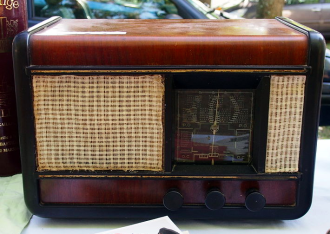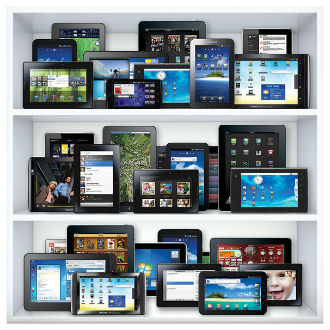 A Texas jury which was told by a patent troll that a plaintiff did not invent Bluetooth 2.0, has told him that he really did.
A Texas jury which was told by a patent troll that a plaintiff did not invent Bluetooth 2.0, has told him that he really did.
Gordon Bremer is connected to a patent trolling outfit called Rembrandt which takes on big companies with wide patents before East Texas juries.
East Texas juries are famous for handing down patent rulings in favour of plaintiffs.
Bremer told the court he didn’t invent Bluetooth 2.0. In fact he hadn’t even read the specification for it until it had been in the market for three years.
The jury found in Rembrandt’s favour after a week-long trial, finding that Samsung’s Bluetooth-enabled products, including its most popular mobile phones, tablets, and televisions, infringe Bremer’s patents, numbered 8,023,580 and 8,457,228. The patents relate to compatibility between different types of modems, and connect to a string of applications going back to 1997.
This means that without doing anything Bremer may be being paid a hefty royalty by Samsung, after a jury ruled that the Korean electronics company infringed Bremer’s patents. He stands to get 2.5 percent of the $15.7 million verdict.
The first version of Bluetooth was invented by Swedish cell phone company Ericsson in 1994 and Rembrandt made the same complaint against Blackberry .
Now Rembrandt’s lawyers have made clear they believe the Bremer patents apply to all products using Bluetooth 2.0.
Rembrandt lawyer Demetrios Anaipakos said that “justice had been done” and that the Rembrandt inventions are at the heart of Samsung Bluetooth capabilities.
Bremer told Rembrandt higher-ups that his patents, originally applied to work he did on modems back in 1997, could be applied to Bluetooth products.
“I had a kind of ‘aha’ moment. I came up with an (eloquent) solution… I realised if I put an indicator at the beginning of each communication that said change the modulation, this communication could happen instantly.”
Bremer continues to create more patents for Rembrandt. He has more than 100 to his name. It’s a symbiotic relationship—he creates the patents, testifies and gets deposed, while Rembrandt provides the legal muscle
On cross-examination, he acknowledged that it was the Bluetooth Special Interest Group, or BSIG, that came up with the 2.0 version, including the Enhanced Data Rate or EDR technology and he made no contributions to the standards body.
Samsung lawyer Jeff Sherwood appeared to face an uphill battle focusing on the non-infringement argument. That was because the defence was heavily technical and the jury preferred that he talked about the wording in the patents.
Bremer had never created a product based on his patents, Sherwood noted. He tried to sell his patents to other parties, but “no one wanted them” until they were bought by Rembrandt.
Samsung hired as its expert a man who was deeply involved in the technology—Steven Hall, now a technical director of Broadcom, who was vice-chair of the Bluetooth SIG “Core Specification Working Group.”
Hall had never heard of Bremer.
It took the jury less than an hour before it returned a verdict that Samsung should pay up.
 Home audio systems are undergoing a sea change because of the popularity of mobile phones, according to a report from IHS Technology.
Home audio systems are undergoing a sea change because of the popularity of mobile phones, according to a report from IHS Technology.







